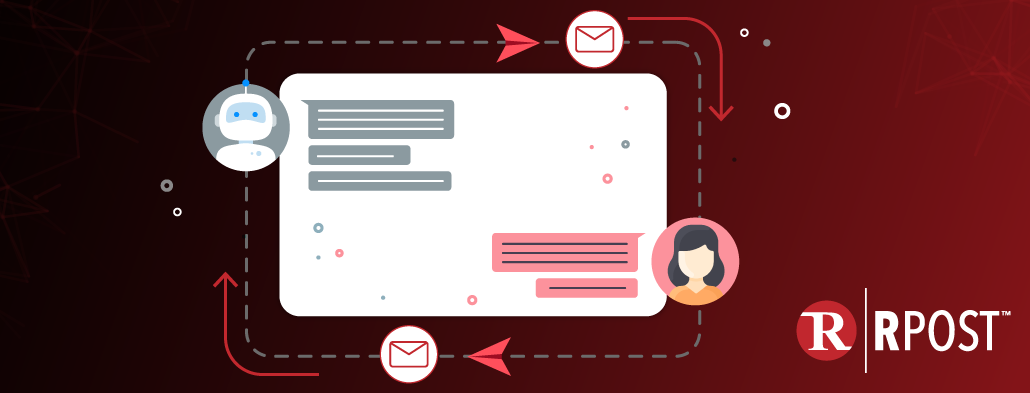
"The only true wisdom is in knowing you know nothing." This quote attributed to Socrates, while controversial, underscores the importance of humility in our quest for knowledge. It's a lesson I've learned firsthand while conducting interviews for the Optimize!23 webinar series. As I invited subject matter experts to share their insights on the evolving technology landscape from their perspectives, I found that the most enlightening discussions and valuable insights emerged not when I tried to demonstrate my own understanding of a subject, but when I genuinely sought to help my interviewees articulate their expertise. This experience has led me to appreciate the similarities between the art of conversation and another art form that has recently been on everyone’s mouth: prompting.
In a nutshell, both can be summarized as the ability to ask the right questions. Being a good conversationalist is about more than just talking; it's about asking the right questions and being a good listener. Those golden nuggets in an interview happen when you master the art of making your interviewee become genuinely interested in what they are discussing, creating an environment where novelty can appear, rather than just prompting (pun intended) your guest to give you that soundbite the Marketing team asked for.
In the realm of science, and indeed in any pursuit of knowledge, the key to finding great answers is asking great questions. Don’t be misguided by my initial appeal to Socrates: becoming aware of what one does not know (and amongst that infinite universe, what subset of the unknown is more relevant to one’s objectives) requires great wisdom. This principle is not just about the quest for scientific truth, but it's a useful approach to understanding our world and mastering the technologies that shape it. AI, like any tool, has its limitations. When given generic prompts, it often provides generic answers. However, when AI is given complex, context-rich prompts, it has the potential to provide insightful, out-of-the-box answers that can drive innovation and progress. Like in the art of conversation, when one sets out to augment (not showcase) one’s own intelligence, that’s when something of true value can emerge.
At RPost, we truly mean it when we say we put the 'R' in 'Smarter'. Our technologies are not only built to solve business needs for our customers, but we do it in a way that is transparent for users, respecting their right to be informed to make smart(er) decisions themselves. A key example is RMail’s Email Eavesdropping™ detection service infused with Analytical “Left Brain” AI, that instantly alerts senders and admins if there is a suspicion that someone other than the intended recipient is reading their outbound email (even at their recipient’s end). This gives them the information and power to act in time to prevent invoice and wire fraud, amongst other cybercrimes.
The importance of asking great questions extends beyond science and AI. By embracing the art of prompting, we can unlock new insights, drive innovation, and navigate the complex digital landscape with greater confidence. And, analogous to RPost's product design philosophy, we can ask better questions and make better, more informed decisions.
Go ahead, try your conversation skills with AI with our Creative “Right Brain” AI. Send any email to Chat@RPost.AI with your questions, and reply back and forth, as a great conversationalist (aka AI-prompter). This is one of RPost’s new (beta) services, part of our Email2AI emerging tech suite. Let us know what you think!

February 20, 2026
.jpg)
February 13, 2026

February 06, 2026

January 30, 2026

January 23, 2026